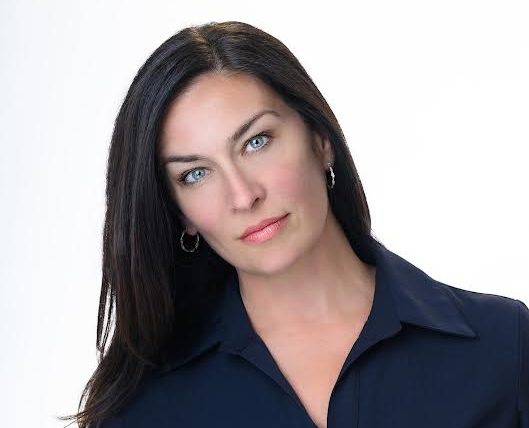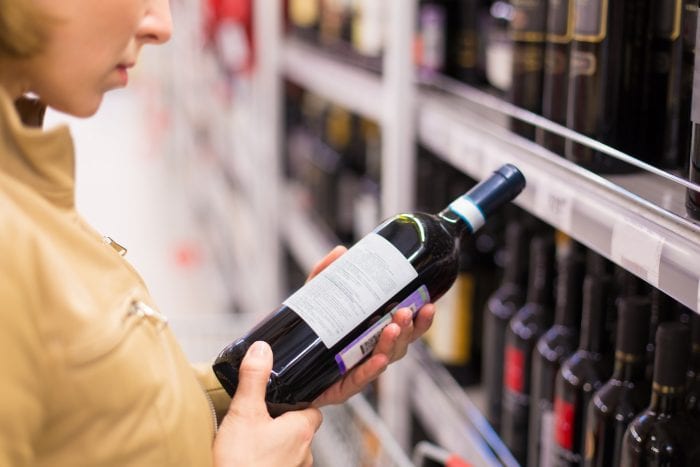Family & Children’s Association (FCA) a health and human services nonprofit organization based in Garden City, recently named Ryan Attard of Huntington Vice President and Chief Operating Officer. FCA President and CEO, Jeffrey L. Reynolds, Ph.D. made the announcement on behalf of the organization.
“I am pleased to welcome Ryan to FCA,” Reynolds said. “Her work on some of Long Island’s most vexing challenges and wide-ranging knowledge of our region’s landscape and stakeholders make her an ideal fit for the role as we add new programs.”
In her new position, Attard will oversee FCA’s program operations, IT, compliance, and quality assurance.
“I am thrilled to bring my knowledge and experience to the Family and Children’s Association. As the new COO I am committed to harnessing the power of compassion, collaboration, and innovation to uplift those in need. Together we will create a brighter future for our community,” said Attard.
Prior to joining FCA Attard served as a Deputy County Executive for Suffolk under County Executive Steve Bellone. During her tenure, she collaboratively led in times of crisis, such as the COVID-19 pandemic by coordinating with over 75 school districts and assisting them in navigating changing rules and guidance. She assisted the most vulnerable populations in getting access to test kits, emergency food delivery, diaper distribution, and vaccinations by collaborating with multiple government agencies, nonprofit organizations, and community partners.
After New York State and Suffolk County won several landmark court victories against opioid manufacturers, Attard created and launched an application process that would allow the county to transparently and fairly allocate over $50 million in settlement funding to non-profits, healthcare systems, and public and private agencies, that provide services around the opioid epidemic, including prevention, treatment, and recovery.
In her previous role at the MTA, she successfully built relationships with government community leaders and gained support for important transportation initiatives such as downtown revitalization, expansion projects, east-side access, and the third track. She also served as a member of their ADA task force.
Attard has also held leadership roles at Long Island University as the University Director of Alumni Relations, where she was charged with running their Annual Fund and programming for over 400,000 alumni, and at the Town of Brookhaven as the Deputy Commissioner of Housing and Human Services charged with housing programs, youth, senior, women and veteran services.
Her dedication to service is further exemplified by her nearly decade-long involvement on the Executive Board of Directors of Girls Inc. of Long Island. Attard is a member of the Energeia Partnership Class of 2019.
About FCA
FCA is a not-for-profit agency helping more than 35,000 Long Islanders each year. For nearly 140 years, the organization has worked to protect and strengthen vulnerable children, seniors, families, and communities on Long Island.
FCA believes in the potential of Long Island – a place where no child, senior, family or community is left to struggle alone with barriers to health care, education, employment, or economic prosperity. Long Island continues to be one of the greatest places in the world to live and raise a family for many; FCA exists to ensure that be the case for all.
For more information about FCA, visit FCALI.org.





 • Clarify your values and convey your expectations. As a parent, you have more influence over your kids than anyone else, including the rappers in smoke-filled TikTok videos or the neighborhood kid who vapes weed on the bus. Use that influence and challenge the notion “everyone is doing it.”
• Clarify your values and convey your expectations. As a parent, you have more influence over your kids than anyone else, including the rappers in smoke-filled TikTok videos or the neighborhood kid who vapes weed on the bus. Use that influence and challenge the notion “everyone is doing it.”




